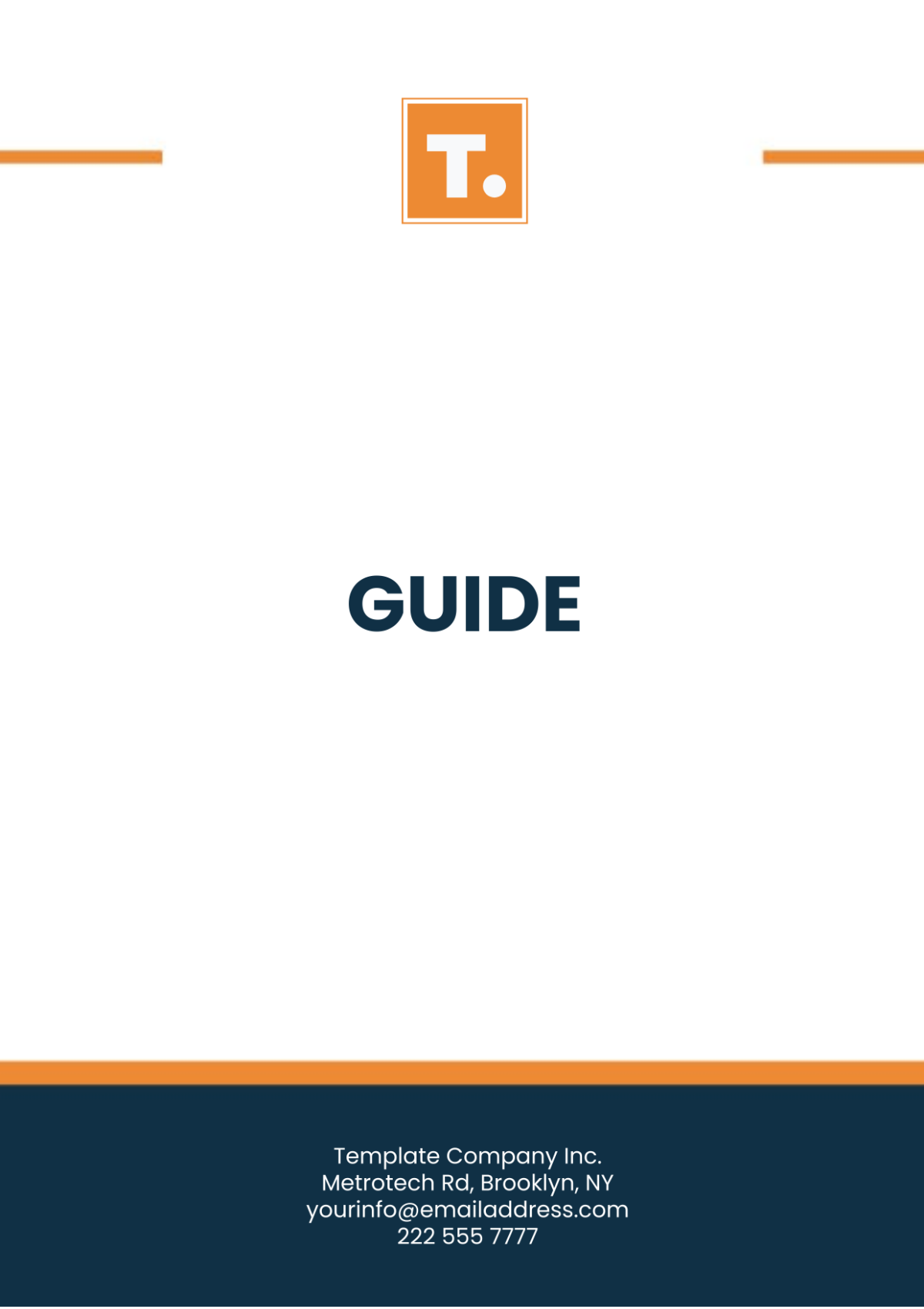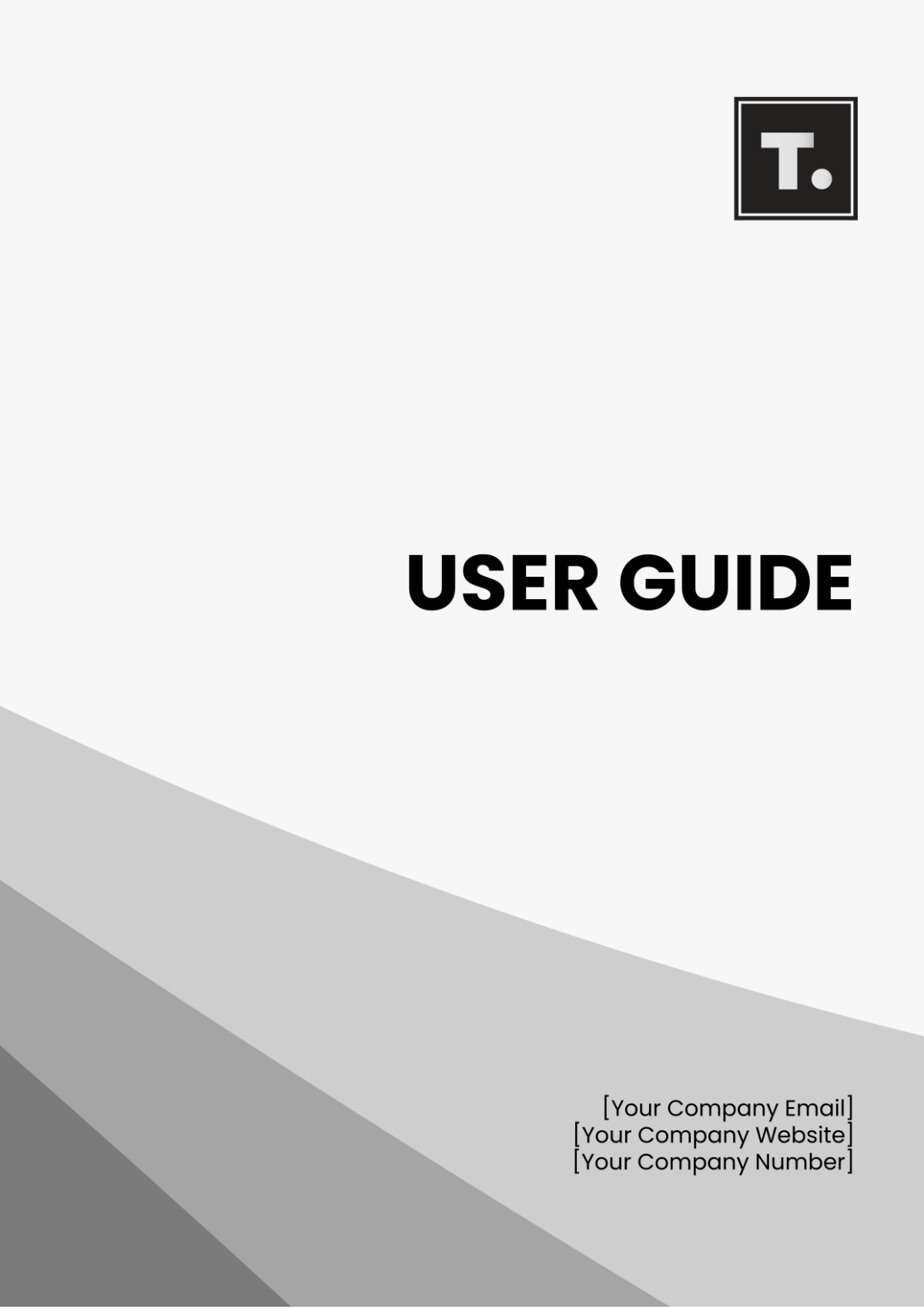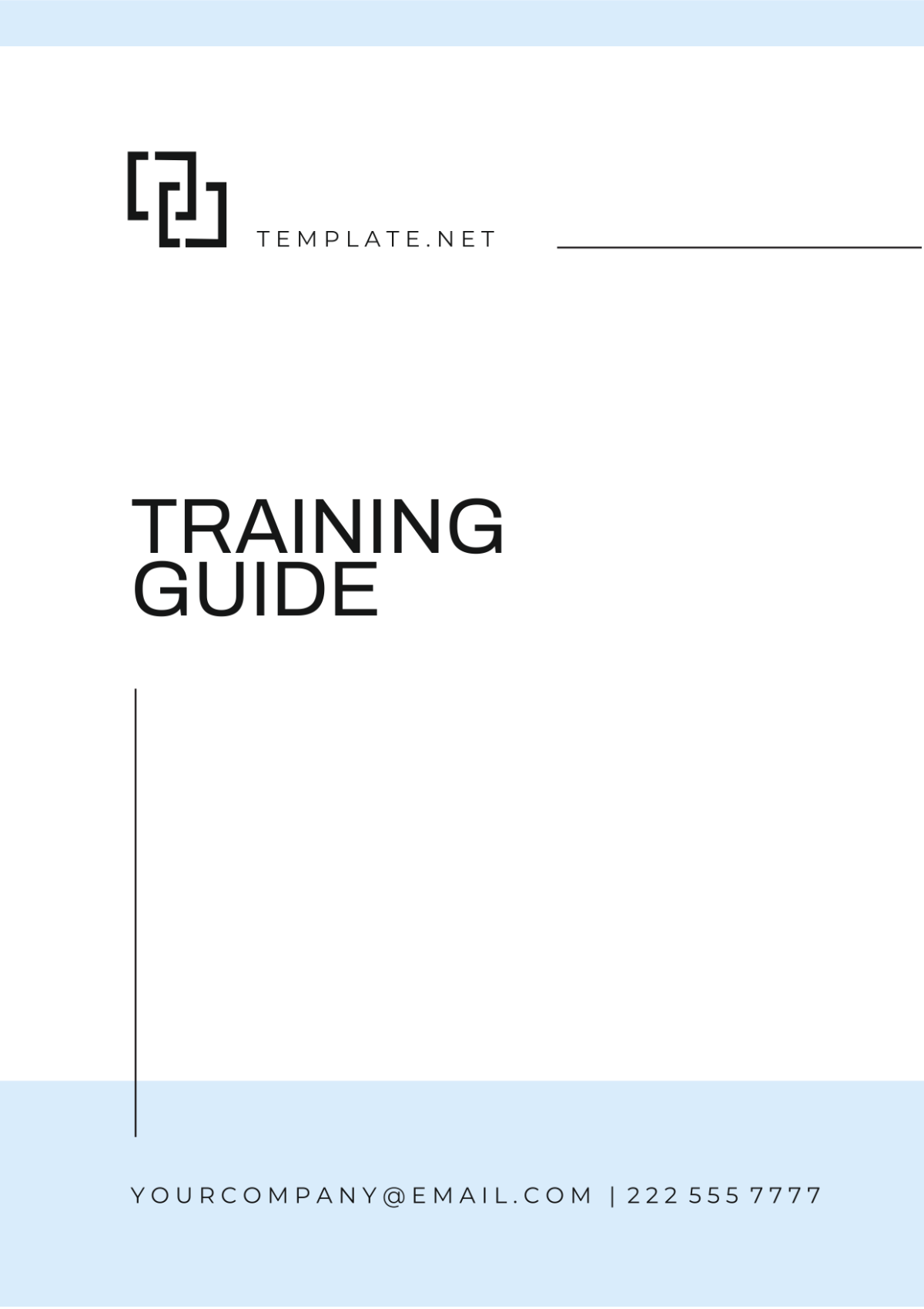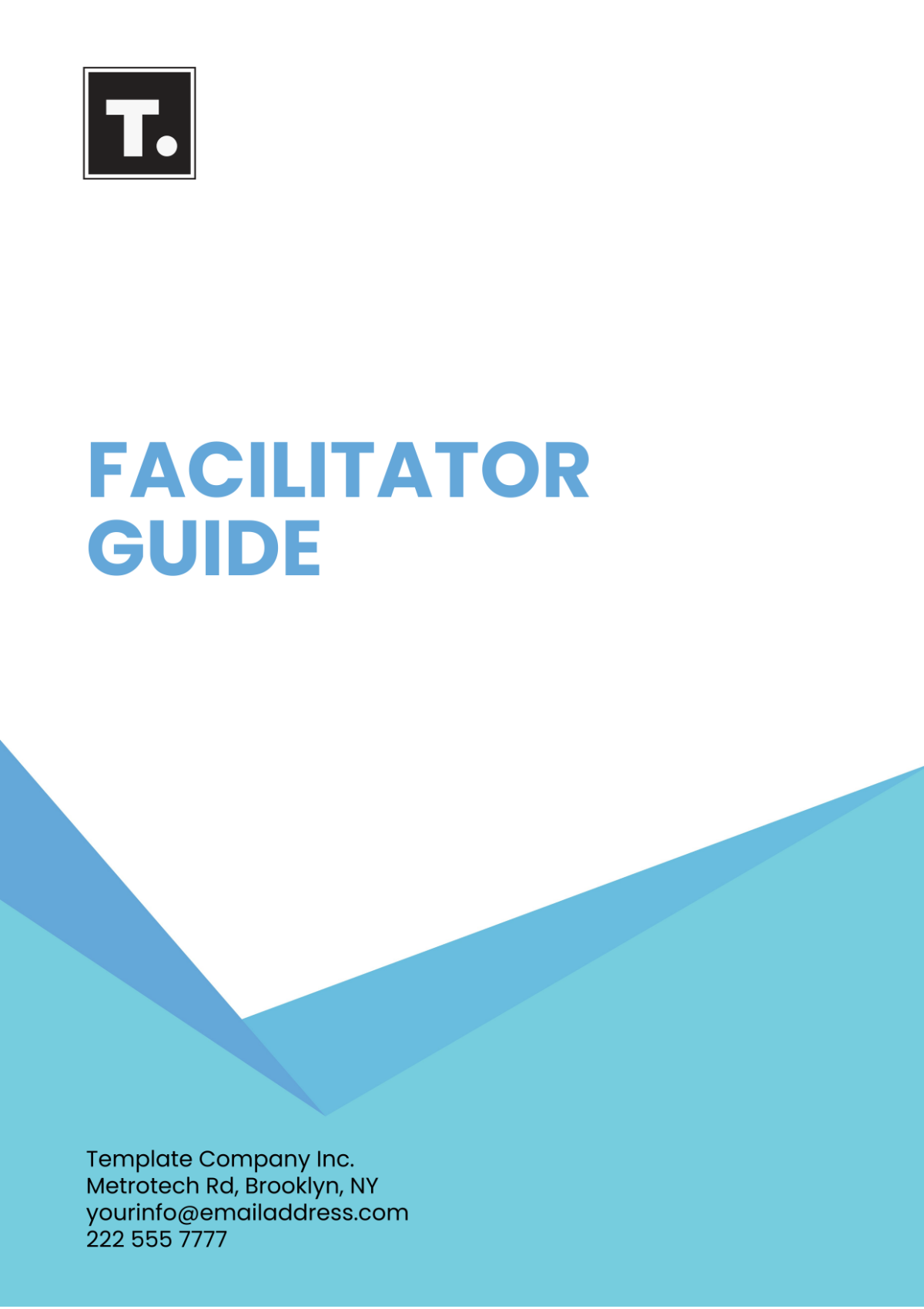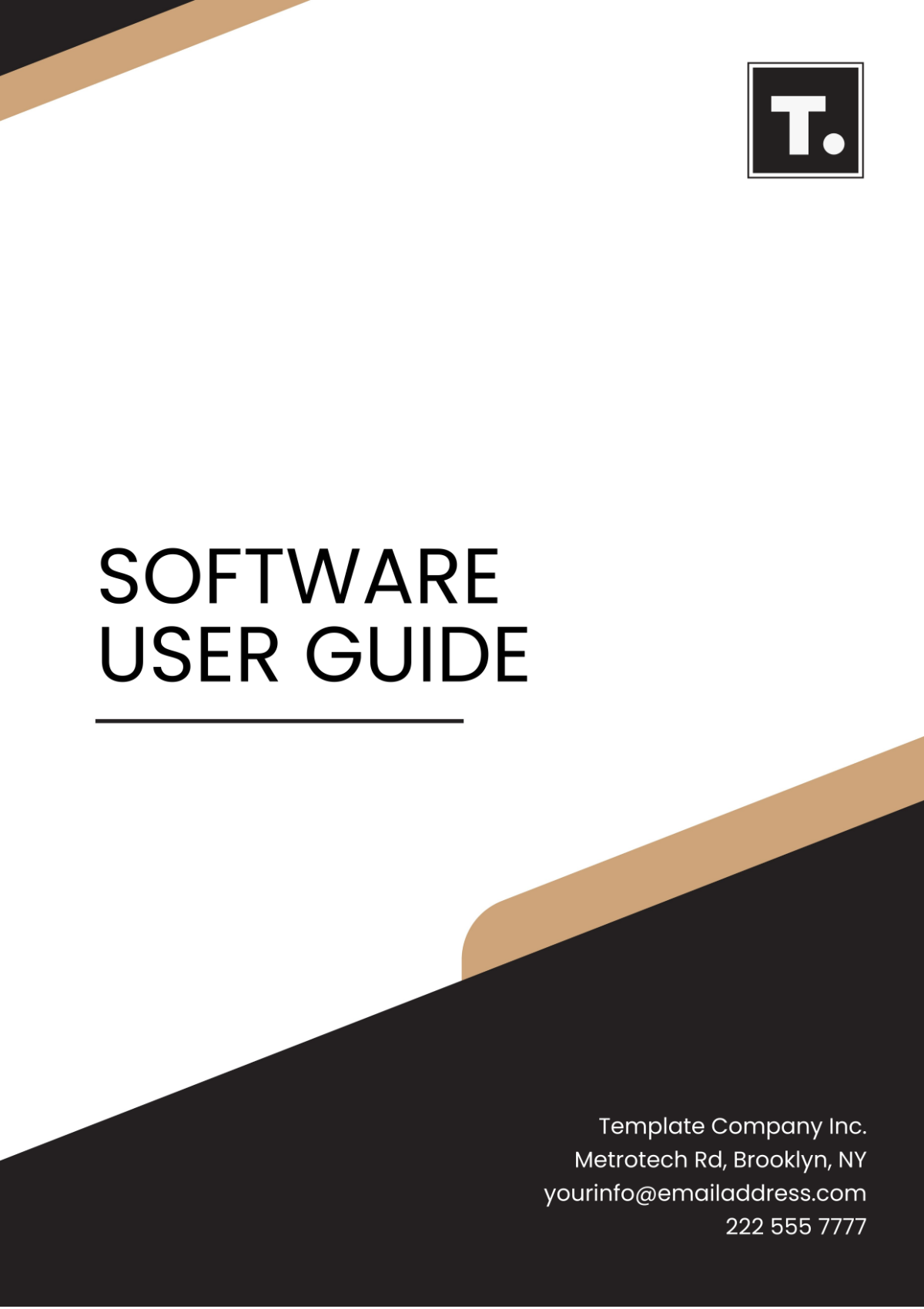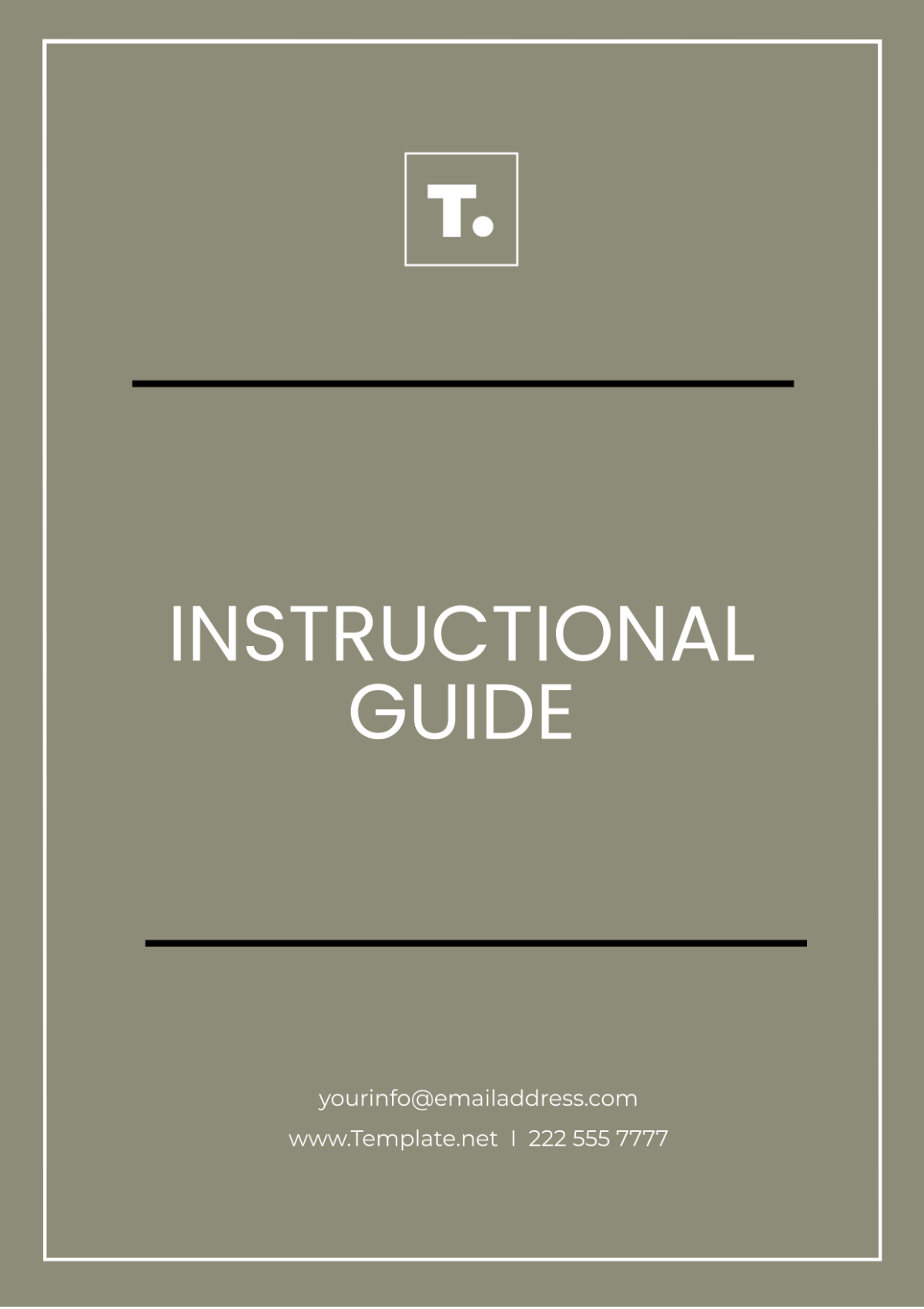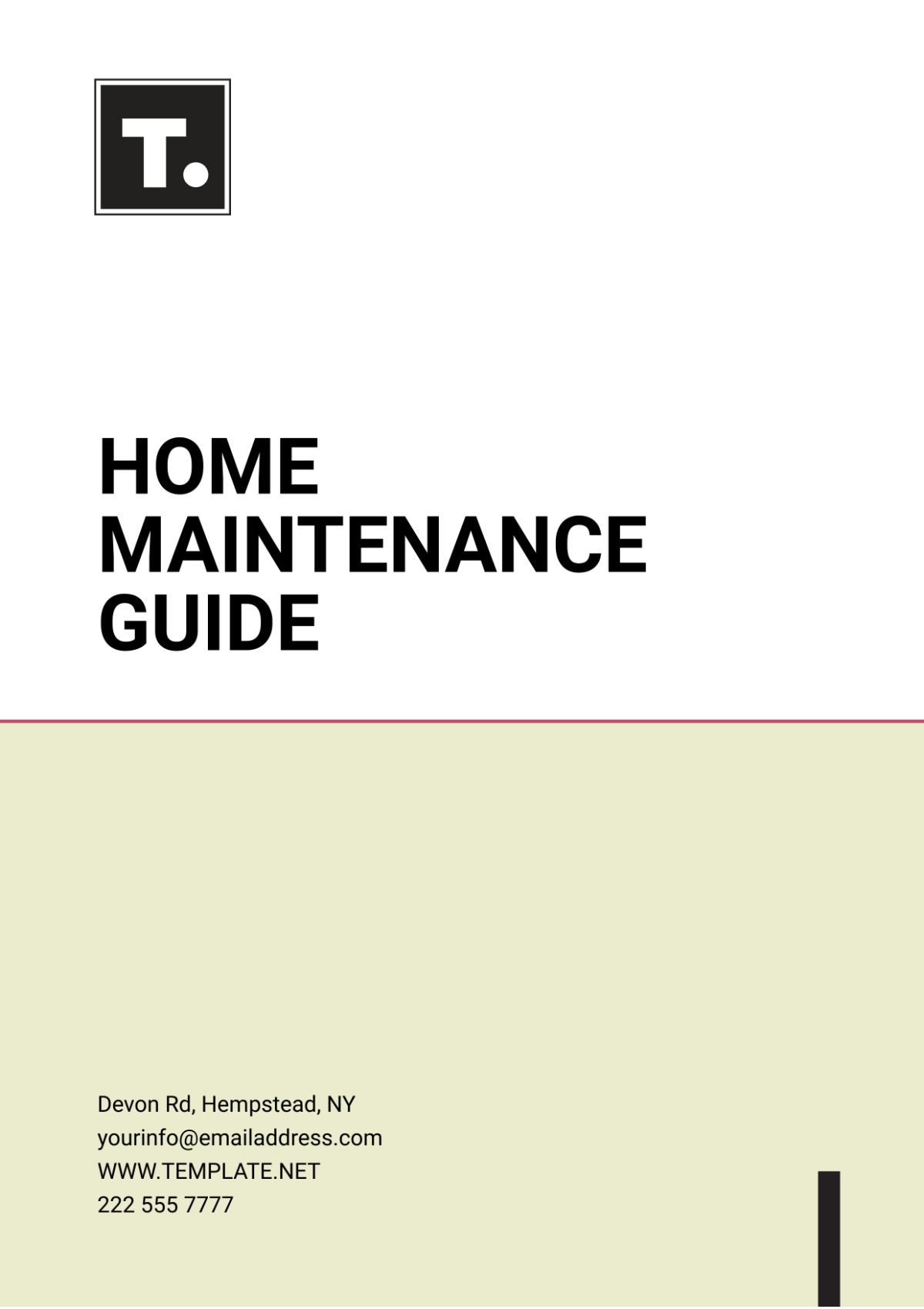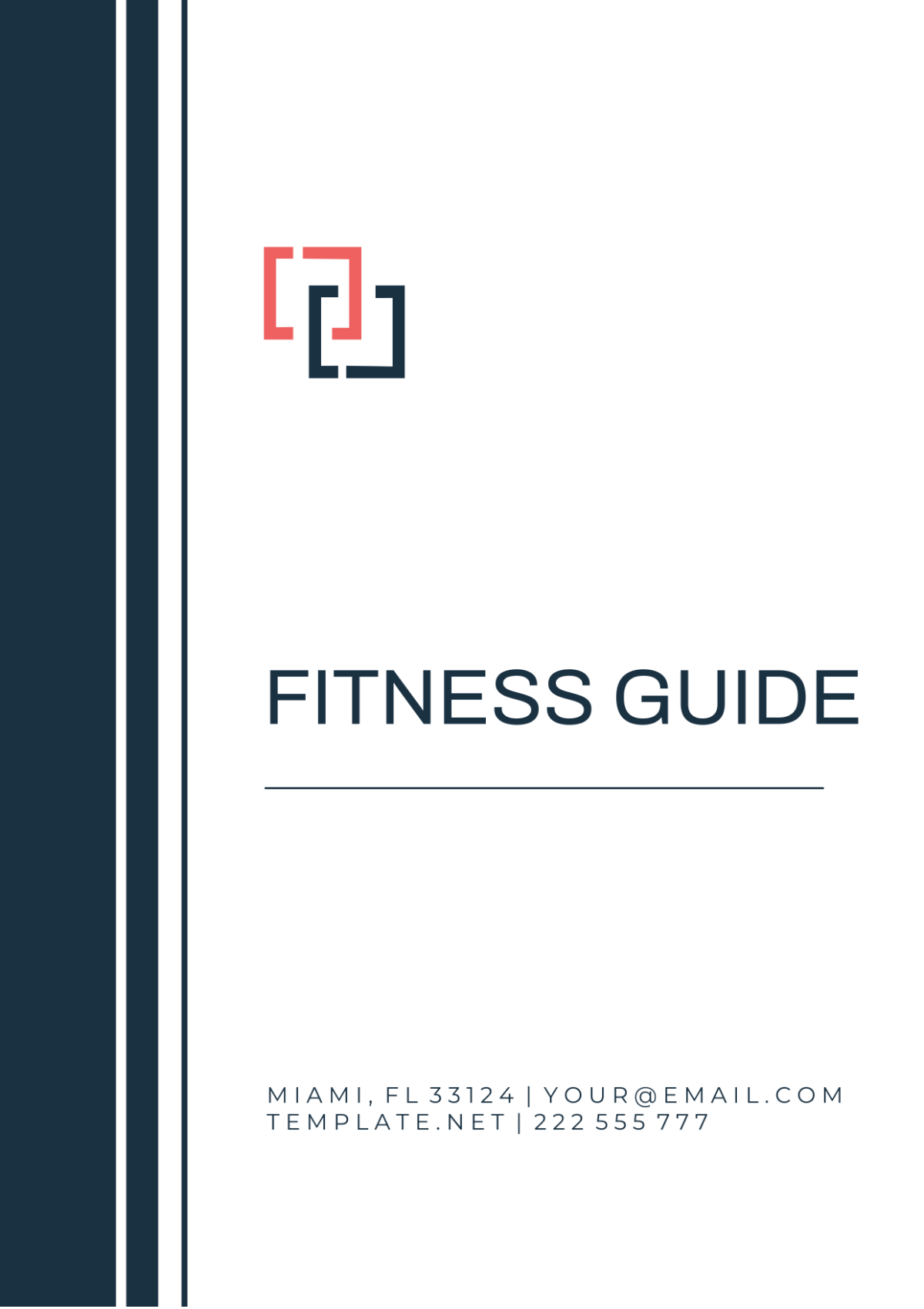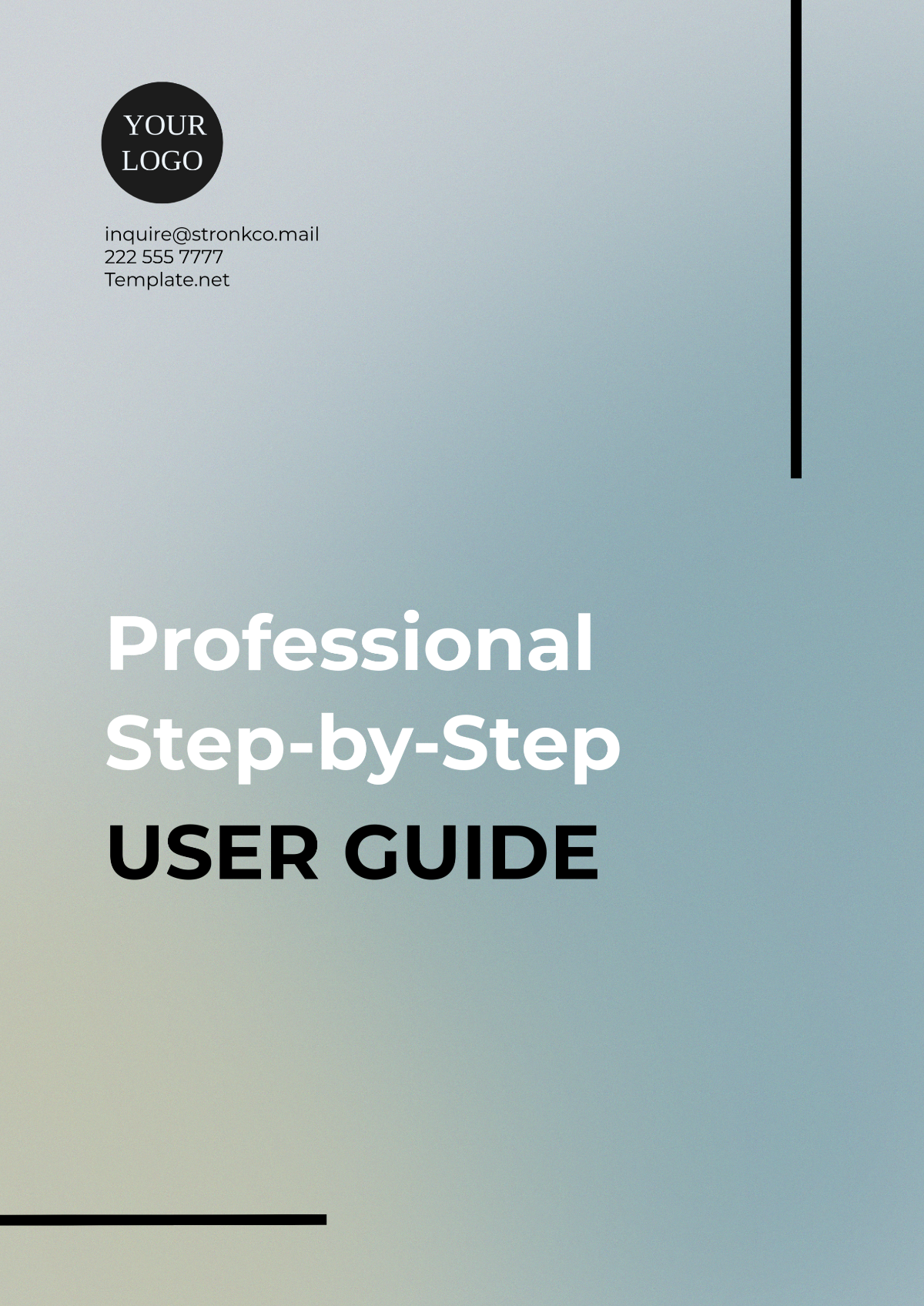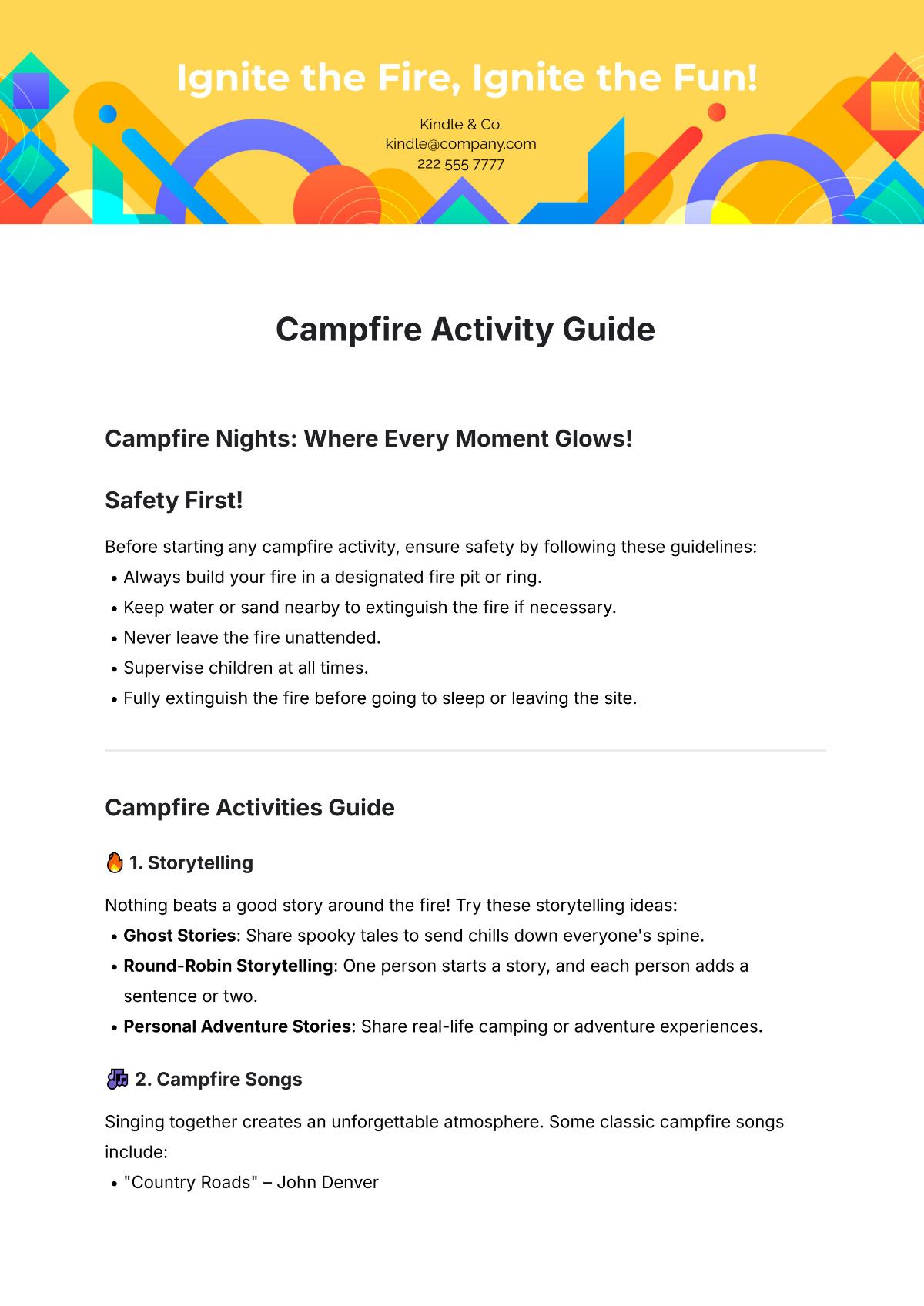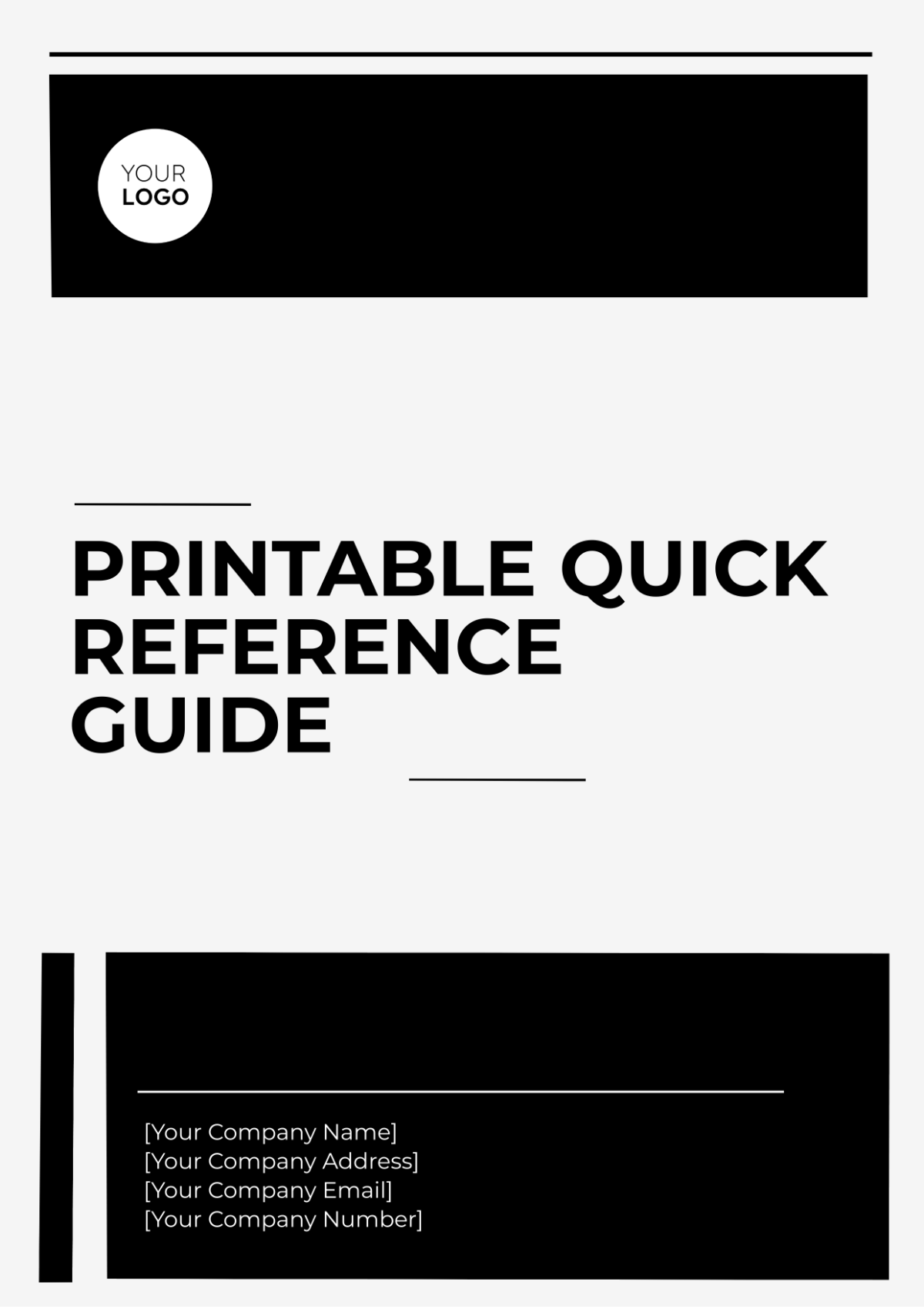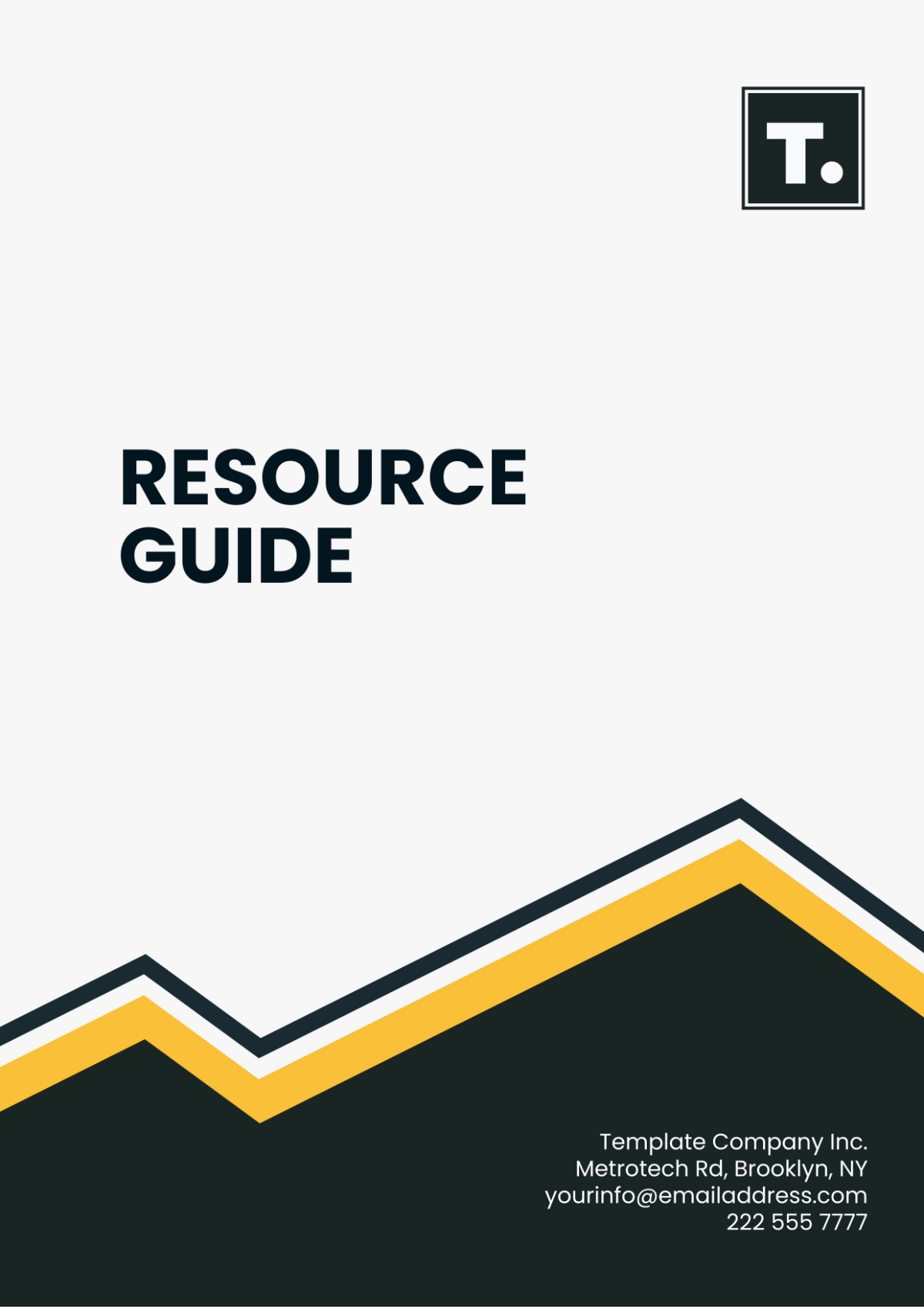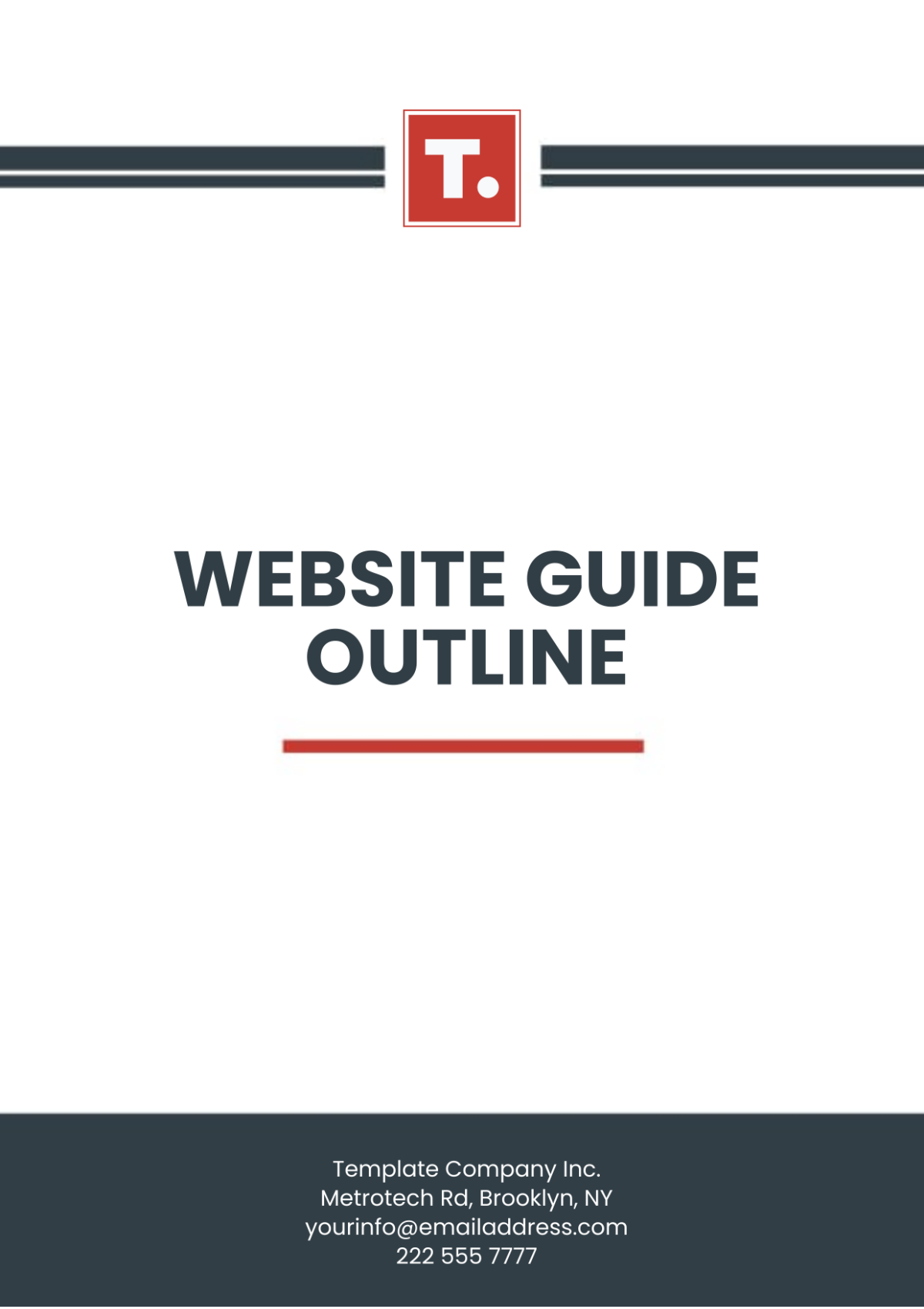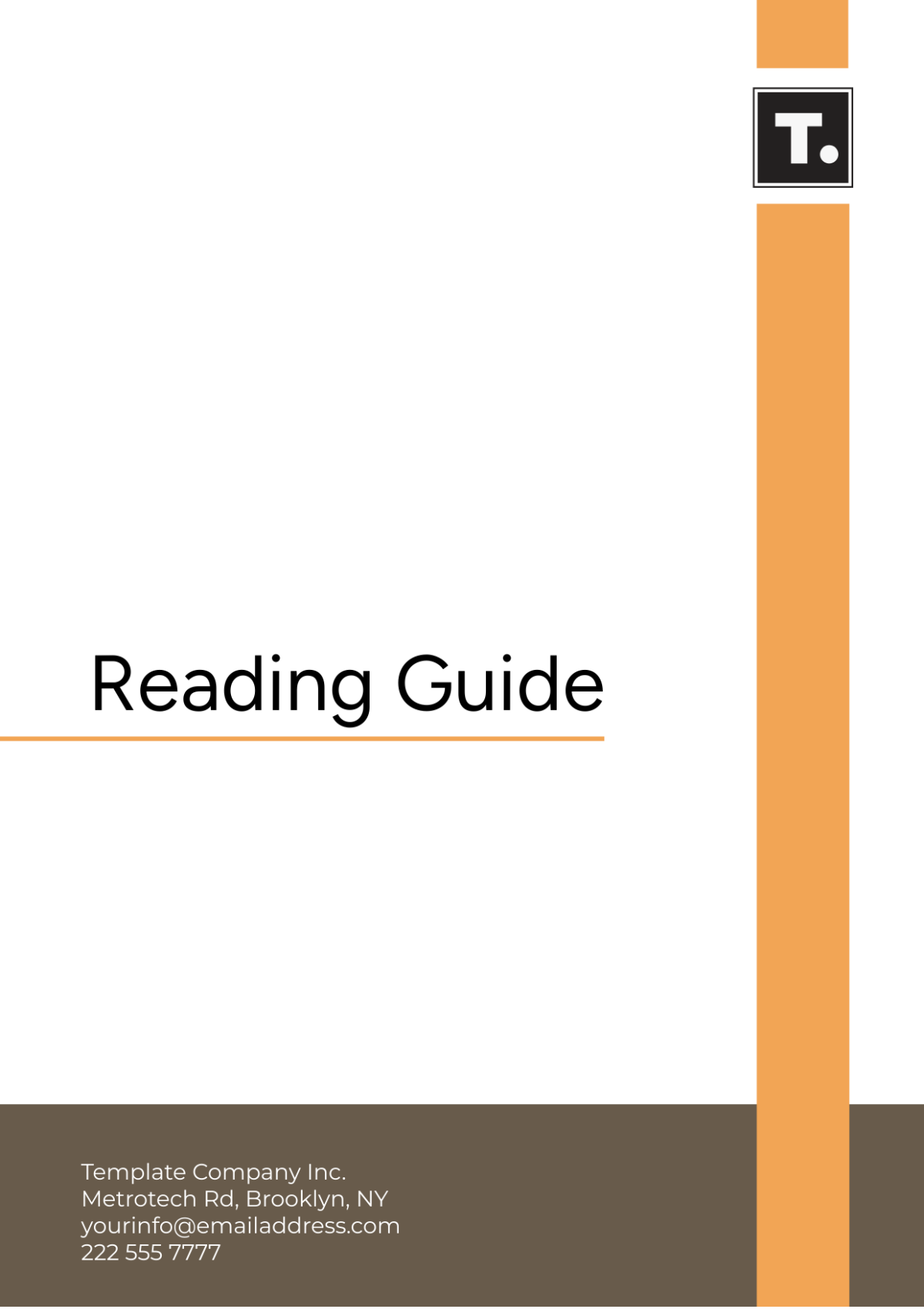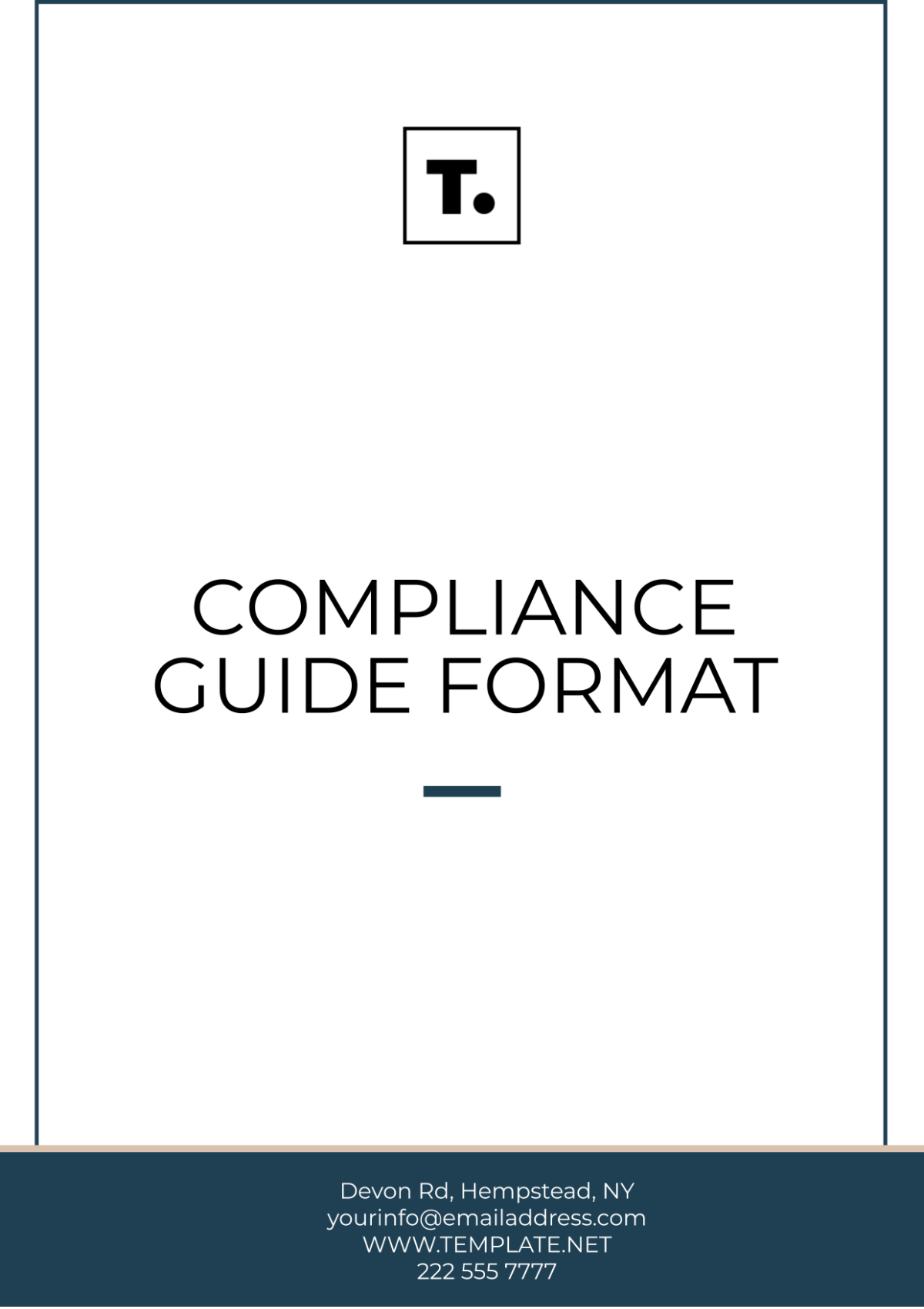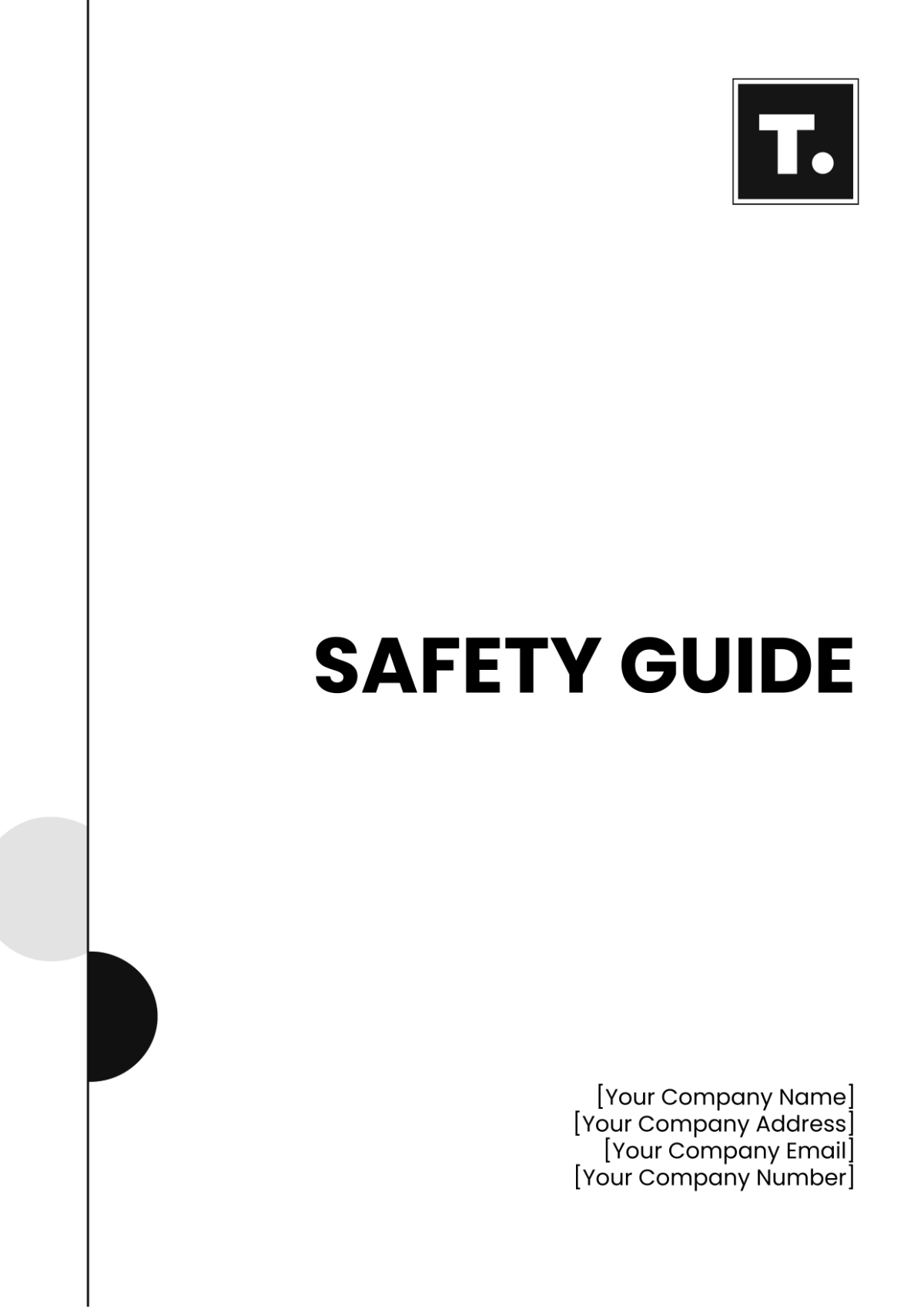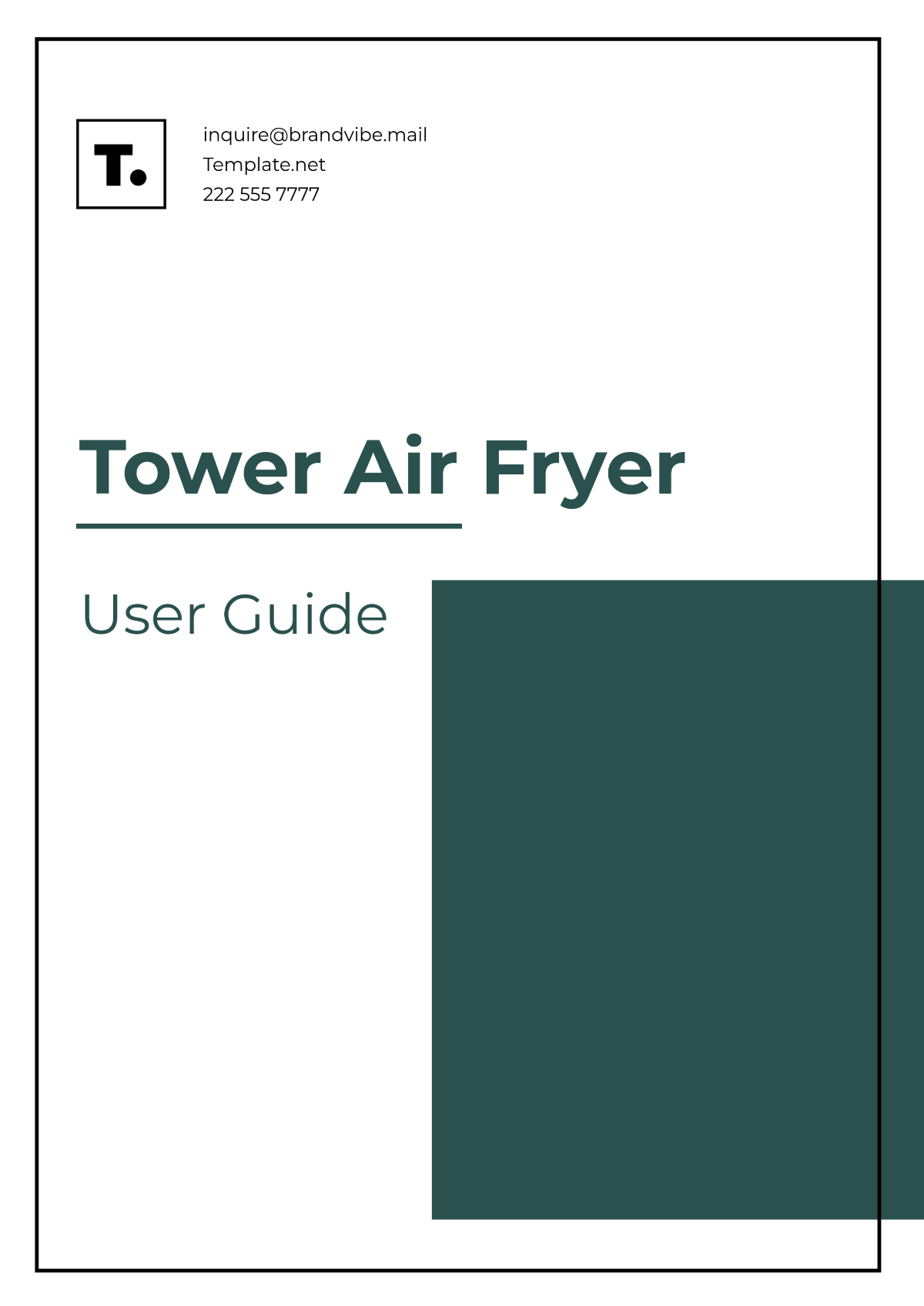Fluids And Electrolytes Study Guide
I. Introduction
Welcome to the [YOUR COMPANY NAME] Fluids And Electrolytes Study Guide! This guide is designed to provide comprehensive information and study resources to help you master the concepts of fluids and electrolytes management in healthcare. Whether you're a [NURSING STUDENT/MEDICAL PROFESSIONAL/HEALTHCARE ENTHUSIAST], this guide will equip you with the knowledge and skills needed to understand and manage fluid and electrolyte imbalances effectively.
II. Understanding Fluids and Electrolytes
A. Overview
Define the concepts of fluids and electrolytes in the human body.
Understand the importance of maintaining fluid and electrolyte balance for overall [HEALTH/HOMEOSTASIS].
Identify the primary electrolytes in the body and their roles in various physiological processes.
B. Fluid Compartments
Describe the distribution of fluids within the body, including [INTRACELLULAR/EXTRACELLULAR] compartments.
Explain the composition and function of [INTERSTITIAL/INTRAVASCULAR/TRANSCELLULAR] fluid.
Discuss factors that influence fluid movement between compartments, such as [OSMOTIC PRESSURE/HYDROSTATIC PRESSURE].
III. Electrolyte Imbalances
A. Hyponatremia
Define hyponatremia and its causes, including excessive water intake, diuretic use, and certain medical conditions.
Recognize signs and symptoms of hyponatremia, such as [CONFUSION/NAUSEA/SEIZURES].
Discuss nursing interventions and medical treatments for managing hyponatremia, including fluid restriction and hypertonic saline administration.
B. Hypernatremia
Define hypernatremia and its causes, including dehydration, excessive sodium intake, and certain medical conditions.
Recognize signs and symptoms of hypernatremia, such as [THIRST/DRY MUCOUS MEMBRANES/ALTERED MENTAL STATUS].
Discuss nursing interventions and medical treatments for managing hypernatremia, including fluid replacement and addressing underlying causes.
C. Hypokalemia
Define hypokalemia and its causes, including diuretic use, vomiting, diarrhea, and metabolic alkalosis.
Recognize signs and symptoms of hypokalemia, such as [MUSCLE WEAKNESS/CARDIAC DYSRHYTHMIAS/FATIGUE].
Discuss nursing interventions and medical treatments for managing hypokalemia, including potassium supplementation and dietary adjustments.
D. Hyperkalemia
Define hyperkalemia and its causes, including renal failure, potassium-sparing diuretics, and metabolic acidosis.
Recognize signs and symptoms of hyperkalemia, such as [MUSCLE WEAKNESS/CARDIAC ARRHYTHMIAS/PARESTHESIA].
Discuss nursing interventions and medical treatments for managing hyperkalemia, including potassium-lowering medications and dietary modifications.
IV. Assessment and Monitoring
A. Physical Assessment
Perform a comprehensive physical assessment to identify signs and symptoms of fluid and electrolyte imbalances.
Document vital signs, [INTAKE AND OUTPUT/WEIGHT CHANGES], and other relevant data.
Recognize subtle changes in the patient's condition that may indicate impending fluid or electrolyte imbalance.
B. Laboratory Monitoring
Interpret laboratory values, including serum electrolyte levels, osmolality, and urine specific gravity.
Monitor trends in laboratory values over time to assess the effectiveness of interventions.
Collaborate with the healthcare team to adjust treatment plans based on changes in laboratory findings.
V. Nursing Interventions
A. Fluid Replacement Therapy
Administer intravenous fluids according to prescribed orders and protocols.
Monitor fluid intake and output closely to prevent fluid overload or dehydration.
Adjust fluid therapy based on the patient's response and ongoing assessment.
B. Electrolyte Replacement Therapy
Administer electrolyte supplements orally or intravenously as prescribed.
Monitor serum electrolyte levels regularly to ensure therapeutic levels are maintained.
Educate patients and caregivers about the importance of dietary modifications and medication adherence.
VI. Patient Education
A. Fluid and Electrolyte Balance
Educate patients and caregivers about the importance of maintaining fluid and electrolyte balance for overall health.
Provide guidance on appropriate fluid intake, including [WATER/ELECTROLYTE-CONTAINING BEVERAGES/DIETARY SOURCES].
Discuss signs and symptoms of fluid and electrolyte imbalances and when to seek medical attention.
B. Medication Management
Educate patients about medications that may affect fluid and electrolyte balance, such as [DIURETICS/POTASSIUM SUPPLEMENTS].
Explain the importance of adhering to prescribed medication regimens and monitoring for side effects.
Provide resources and support for patients to manage their medications effectively.
VII. Conclusion
Mastering the concepts of fluids and electrolytes is crucial for healthcare professionals in providing optimal patient care. By utilizing the resources and knowledge outlined in this guide, you can enhance your competency in managing fluid and electrolyte imbalances effectively. Remember, continuous learning and practice are key to proficiency in this field. Should you require further assistance or have any questions, feel free to reach out to [YOUR COMPANY NAME] at [YOUR COMPANY EMAIL] or [YOUR COMPANY NUMBER]. Here's to your success in mastering fluids and electrolytes!
